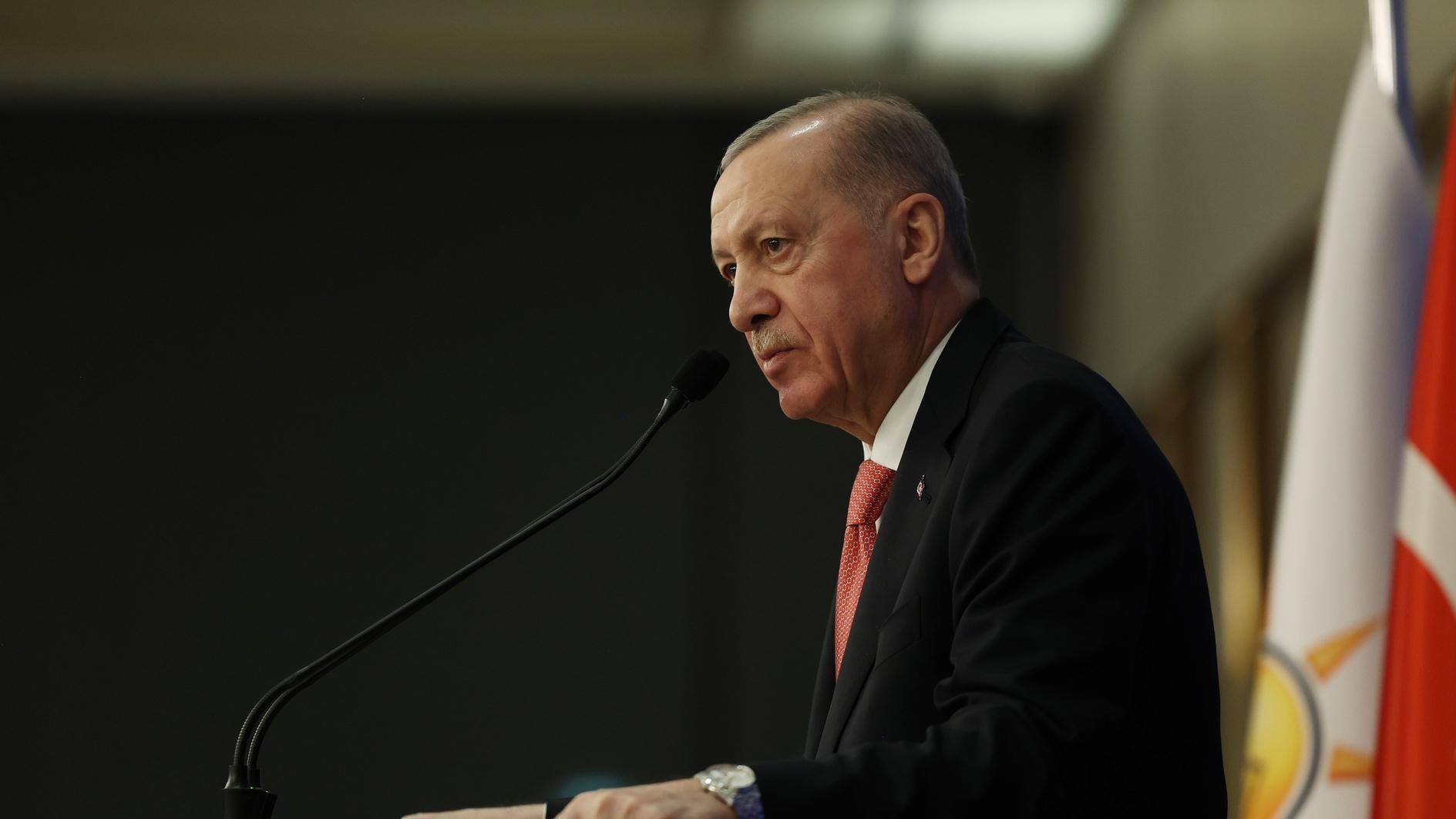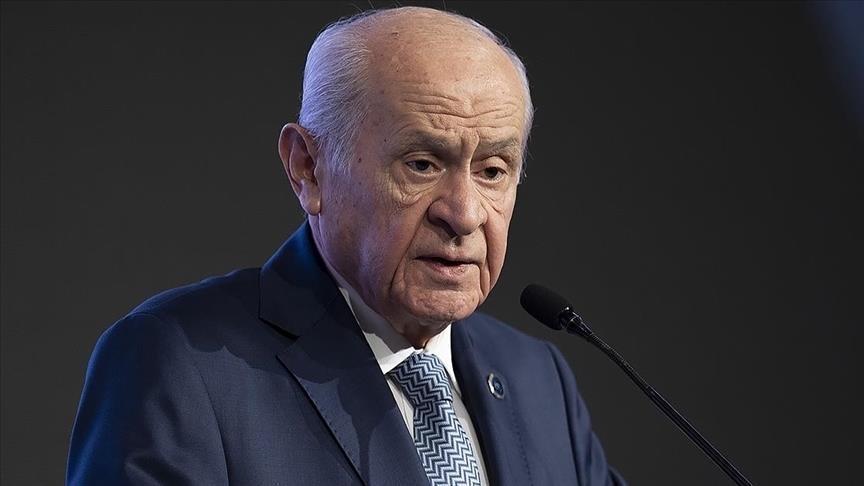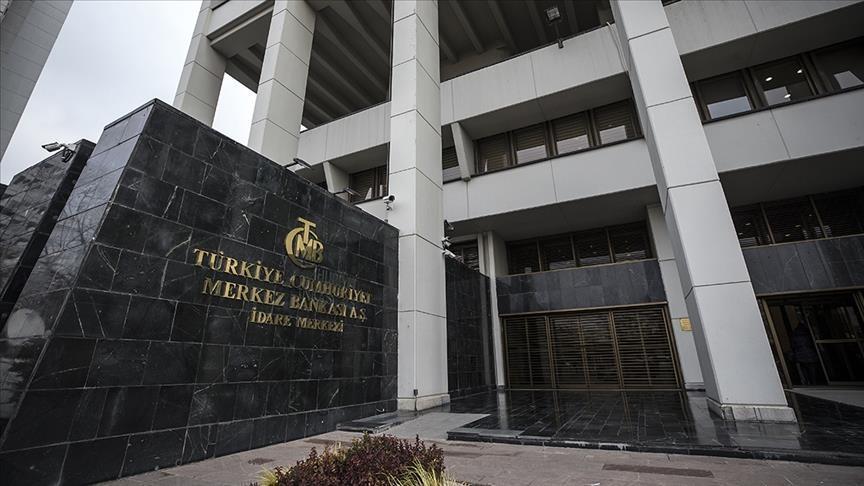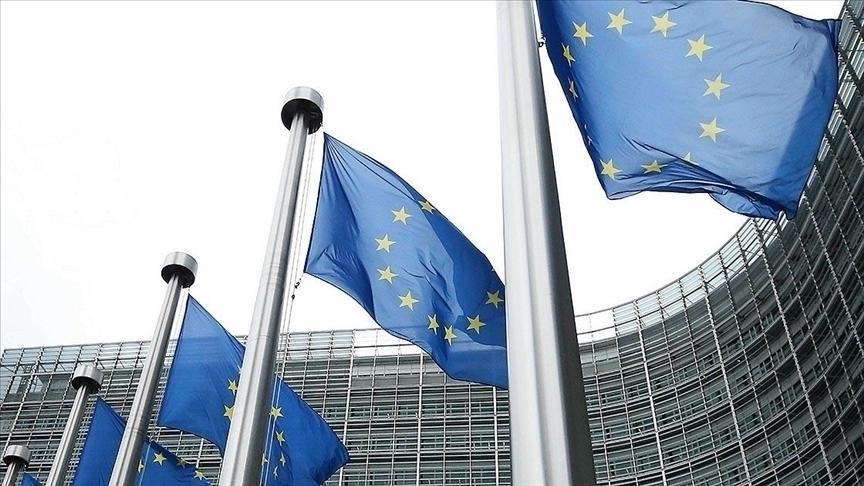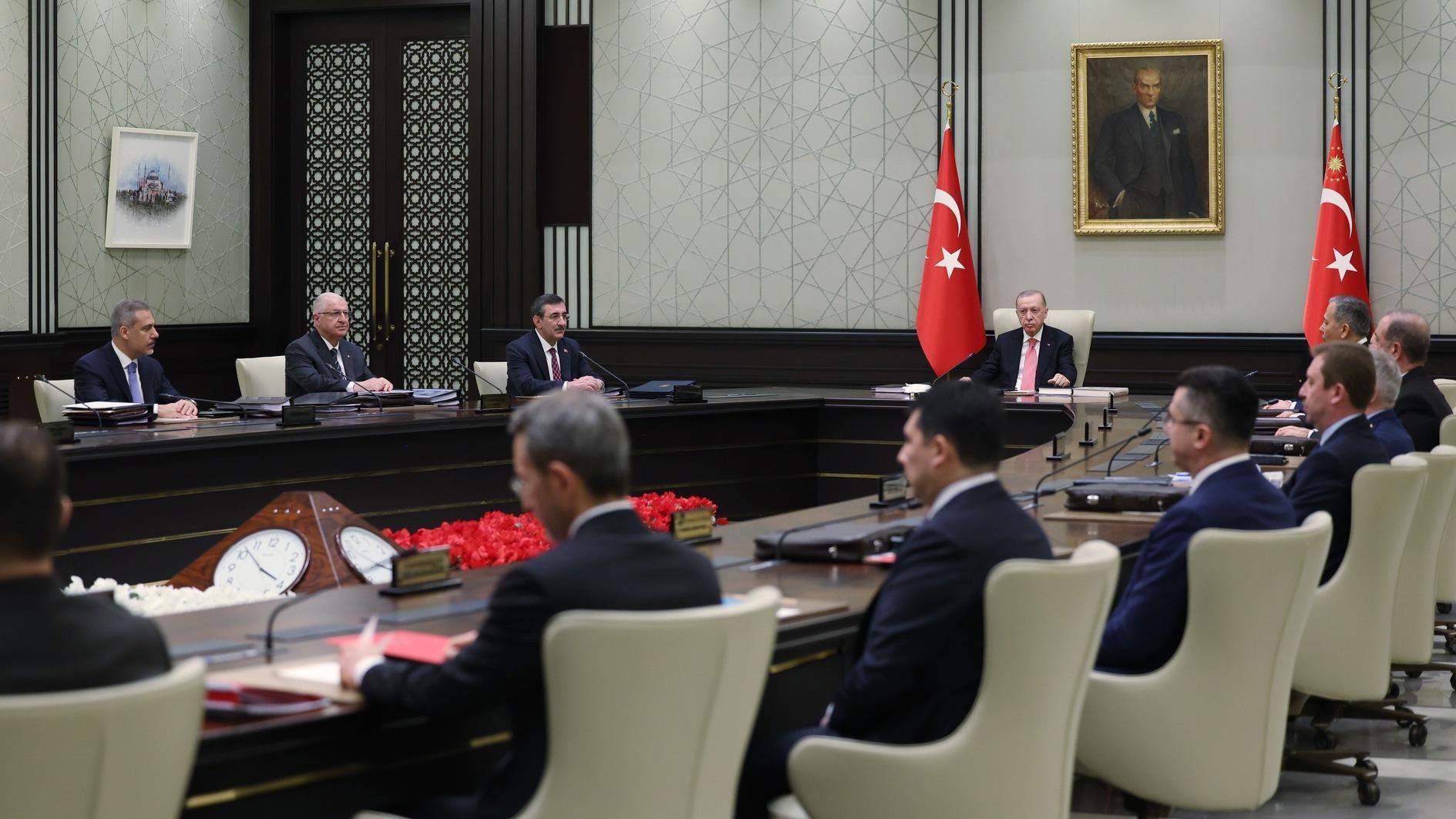Commandante
Venezuelan President Hugo Chavez was the lexical meaning of the word “contradiction.” Even the op-eds following his death reflected a sharp contradiction about him and his death as if no one knew what to feel and think.
On the one hand, he succeeded in using Venezuela’s vast oil wealth to reduce poverty, improve the life of the poor and dramatically reduce illiteracy. These accomplishments earned him the reputation among Venezuelans as “the man sent by God to help the poor.” On the other hand, however, during his 14-year-long legacy, Venezuela had one of the lowest rates of economic growth. As a result of Chavez’s “21st-century socialism,” which put state institutions under the executive’s control, the economy became ever more dependent on oil and imports and agricultural output got cut. Chronic shortages of basic goods and high inflation marked the economic landscape. These were compounded by one of the highest rates of violent crime in Venezuelan history.
On the one hand, Chavez was a man of solidarity. More than 30 heads of state attended his funeral, no matter their ideology. He pushed for continental integration, the dream of his idol Simon Bolivar, the 19th-century independence hero, by helping to set up organizations such as the Union of South American Nations, the Community of Latin American and Caribbean States and the Bolivarian Alliance for the Americas.
On the other hand, he was a polarizing figure at home. That there was no representative from any opposition party in his funeral was indicative of how polarized the country is. This is due to his authoritarian populism which made Carlos Fuentes, a Mexican writer, call Chavez a “tropical Mussolini.” He neutralized all potential rival sources of power, turned PDVSA – the state-owned oil and natural gas company – and the Central Bank into vehicles for off-budget spending, staffed the government, the bureaucracy and the armed forces according to loyalty, gained full control of the legislature and censored the media. These all triggered severe domestic political unrest.
Chavez must have conquered most hearts and minds around the world when he ridiculed U.S. President George W. Bush as a puffed-up John Wayne wannabe and called him “the devil himself” at the UN General Assembly, adding that he left the smell of sulfur hanging in the chamber from his appearance the previous day. Yet, the very same hearts and minds could not have welcomed his embrace of the world’s cruel autocrats and dictators.
Rory Carroll, author of a new biography of this man of contradiction, reports that Chavez was fond of saying that the “Bolivarian revolution is like an unfinished painting. The artist cannot hand the brush to someone else in the middle of the painting that he has started.” Who will grasp the brush and whether the painting will ever get finished remains to be seen. What is only certain is that the unfinished painting he left behind will inspire a myriad of future artists in world history.



